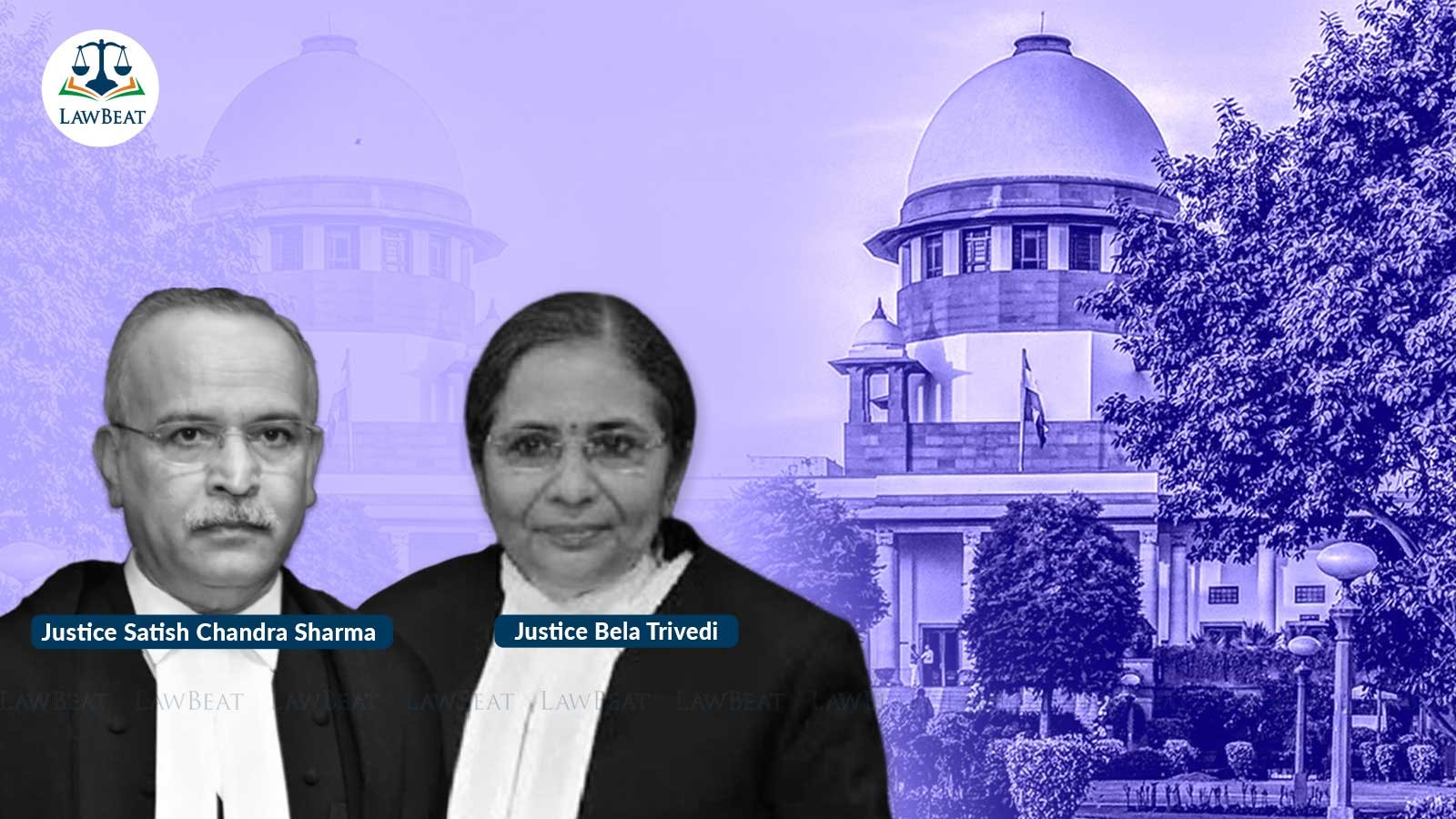HC Must Exercise Caution in Using Section 482 CrPC for Serious Fraud Cases: SC

X
Court opined that in the case in hand, the High Court could not have and should not have allowed the petitions of the respondents when there were serious allegations of fraud, forgery, trespass and criminal conspiracy
The Supreme Court has emphasised that the High Courts should be very slow in exercising the powers under Section 482 of CrPC when the accused are involved in very serious cases of fraud and forgery affecting large group of people.
A bench of Justices Bela M Trivedi and Satish Chandra Sharma allowed an appeal filed by the Karnataka government against the High Court's order of October 25, 2016, quashing the criminal proceedings initiated against Joseph Chacko and others, accused of defrauding a group of NRIs by bogus sale of plots in a land scam case.
Out of 15 complaints, chargesheets were filed in about 13 complaints against the concerned accused for the offences punishable under various provisions of IPC including 465, 468, 471, 420, 506 read with 149 etc.
However, the High Court quashed the proceedings pending before Judicial Magistrate Hosakote.
Considering the appeal by the state government and the complainants, the bench said, "Having gone through the impugned order as well as the documents on record, it appears that the High Court, without giving any opportunity of hearing to the concerned complainants and without taking into consideration the fact that the Charge Sheets were already filed in most of the cases had allowed the said petitions in a very cryptic and cursory manner without assigning any reasons to quash the proceedings".
The counsel for the accused contended that in many cases, the other complainants had not challenged the impugned order as the respondents had made settlement with some of such complainants.
"We are not impressed by such submission. In our opinion, the High Court could not have and should not have allowed the petitions of the respondents, when there were serious allegations of fraud, forgery, trespass and criminal conspiracy and when the charge sheets were filed in most of the cases, and that too, without granting any opportunity of hearing to the concerned complainants, who were allegedly defrauded by the respondents - accused," the bench said.
The court pointed out it is well settled position of law that the High Court should be very slow in exercising the powers under Section 482 of CrPC when the accused are involved in very serious cases of fraud and forgery affecting large group of people.
Without expressing any opinion on the merits of the cases, the bench said, "We are of the opinion that the High Court has committed gross error in quashing the proceedings against the respondents – accused without considering the serious allegations made against them and without giving them opportunity of hearing to the concerned complainants".
The court quashed and set aside the High Court's order and restored all the cases on the files of the concerned Trial Court.
Before the apex court, the state government had filed 15 appeals and the other appellants - Complainants i.e., James Varghese, George Zachariah K K and Abraham Charuvila V P had filed three appeals.
As per facts of the matter, complainants being Non-Resident Indians (NRIs) alongwith several other NRIs had purchased the plots in the State of Karnataka from the respondent–accused Joseph Chacko, who had allegedly induced the complainants by projecting that the layouts were being developed at par with the global standards with all necessary infrastructures and amenities.
The appellants believing his words had entered into the sale agreements with Chacko. The sites were sold to them as converted lands with house list Khatas, promising several common infrastructures and facilities in the Townships like well laid Roads, Common Community Area, Recreational facilities Swimming Pool, etc.
When the Respondent - Joseph Chacko failed to start any development activities for considerable time, on enquiry, the appellants - complainants came to know that the sale deeds executed by him in respect of the plots in question were having bogus gata numbers and the same were delivered to the complainants and other NRI purchasers fraudulently.
When the complainants went to their respective properties, they were restrained by the respondent Chacko and his musclemen.
Subsequently, the complainants who were the NRI purchasers had come to know that they were defrauded by the respondent and other accused by committing fraud, forgery and thereby a big land scam. Consequently, umpteen number of complaints came to be registered against the respondent - Joseph Chacko and others before the jurisdictional Police Station.
Case Title: State of Karnataka Vs Joseph Chacko & Anr Etc
Next Story
